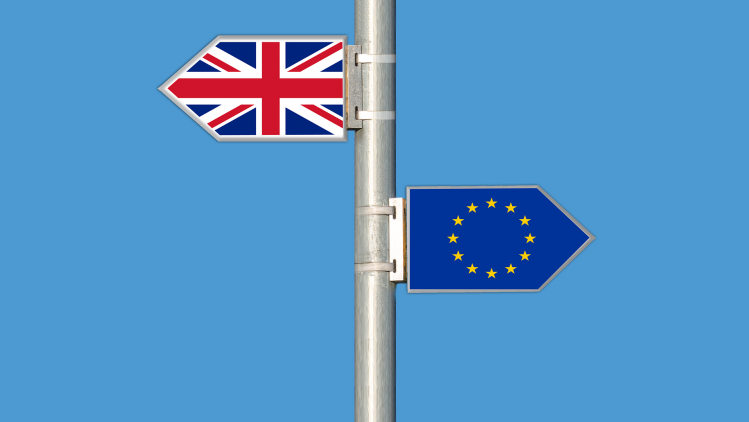Brexit: Where do education and research go from here?

During the transition period through the end of 2020, all existing agreements between the EU and the UK will remain in place. Students and researchers will still enjoy free movement and ongoing research projects that exchange data will continue as before. Exchange students with an Erasmus grant will be allowed to complete their studies or work placements and international researchers in the Netherlands and the UK will retain their funding.
The Dutch Ministry of Education, Culture and Science on its website answers (in Dutch, ed.) a wide range of questions about the impact of Brexit on education, enrolment and research. Conspicuously, these answers are all more or less the same: the existing rules and agreements will remain in force until 31 December 2020.
Negotiations
What happens after this transition period, however, is largely unknown. It’s uncertain for example whether the UK will continue its role in the Horizon Europe scientific research programme or the Erasmus+ exchange programme after 2021. These negotiations are still under way.
“Nothing will change until the end of 2020, but after that it’s one big question mark”, underscored Caressa Cornelis of Neth-ER, a representation of the Dutch knowledge community in Brussels. “If the UK makes no clear agreements for the post-transition phase, they’ll be out of everything.”
During this transitional period the UK and EU will work to hammer out a comprehensive new cooperation agreement. But the education and research sector would like to reach partial agreement on Horizon and Erasmus+ cooperation before then, says Cornelis. “The British are in favour but the EU doesn’t want a partial agreement to become a bargaining chip in the general negotiations.”
Nevertheless, she is hopeful. “Cooperation is essential in science and education, and so far we’ve not heard anyone say they want to make this as difficult as possible.”
Largest client
Meanwhile, Brexit is already casting a shadow. Last year, British researchers submitted fewer applications for European research grants, said Mauro Ferrari, president of the European Research Council, to The Guardian.
He called the UK “his largest client”, with British researchers having received 1,998 ERC grants worth €3.6 billion euros since 2007. After Brexit negotiations kicked off, however, interest dropped. As an example he cited the decline in applications for ERC Starting Grants, from 544 for the year 2017 to 372 for 2020.
New visa
On the eve of Brexit, Boris Johnson announced a new fast-track visa scheme for top foreign scientists. By attracting the world’s brightest minds, the prime minister hopes to secure the UK’s future as a scientific heavyweight.
Under the old UK scheme the number of visas available for talented scientists was capped at two thousand a year, although this figure was never reached. Johnson’s new visa has no such limitation. The new fast-track visa will launch on 20 February.